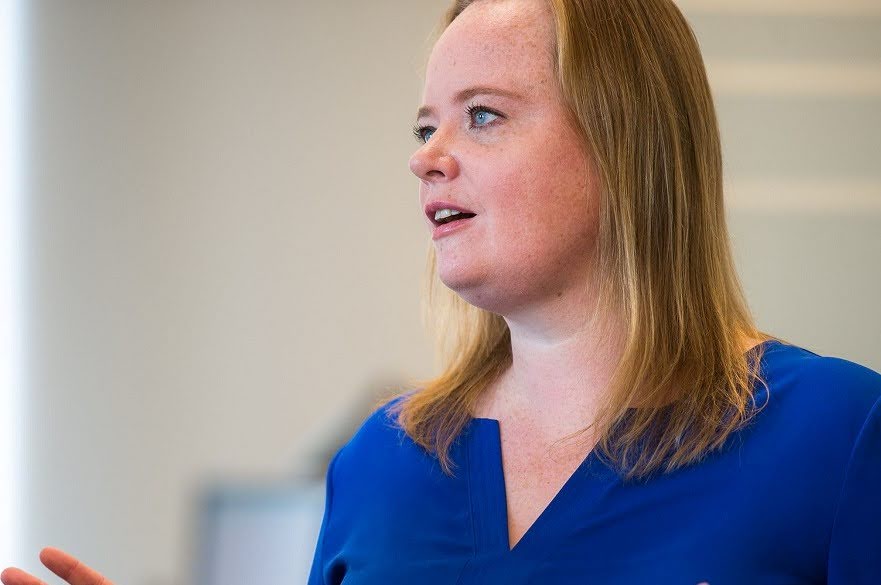A few years ago, Gwenyth Paltrow and Chris Martin made headlines when they asked people to respect their privacy as they walked through “conscious uncoupling.” This new language reflected their commitment to separate and divorce in an intentional, amicable and holistic way, minimizing the harm on themselves and their children.
More and more couples are realizing that this is not just a Hollywood option. Separation, while painful, does not need to be destructive. I often tell clients that the process they choose for separation is more important than the outcome because the process will often determine the outcome. This is true because we must accept the fact that divorce is not simply a legal process.
Uncoupling happens in many ways:
1. Physical Uncoupling
Separation often begins with physical uncoupling. This may mean that one person moves out of the family home. Or moves out of the master bedroom into the basement or onto the couch. For many, the physical uncoupling created by lack of affection in the relationship occurred long ago. There are many reasons why a complete physical uncoupling – by establishing separate living arrangements – may not occur immediately. Finances, children…but eventually it will occur, and there are practical decisions and compromises to be made along the way.
2. Financial Uncoupling
Money is one of the main reasons people divorce. If you argued about and struggled with financial decisions when you were together, this will likely continue as part of the separation process. Money issues are augmented, as there are now two households to pay for, not just one. But it is not too late to reach out and get assistance from a professional who can help you start a new chapter. Financial advisors who specialize in assisting post-separation, as well as lawyers, are great assets as you navigate financial separation.
3. Emotional Uncoupling
This is likely the hardest part! And the reason why some couples struggle to reach an amicable separation agreement is because the emotional uncoupling is so terrifying or painful, one or both spouses cannot see their way through. It is important that before you make an agreement related to your children or your finances, you are confident that you are in the “head space” and “heart space” to be making such decisions. If you are emotionally overwhelmed or in the depths of grief or depression, that is not the time to make final decisions that will impact your future. Consider putting an interim plan in place and taking the time to seek the help of a counsellor to navigate the emotional uncoupling.
4. Social Uncoupling
Separation can involve losing “couple friends” and “in laws” that have had great meaning in your life. A new parenting schedule may change your ability to socialize with other parents on the playground. If you and your spouse did activities together with others on a regular basis, these social circles will change. The extent of the effect of social uncoupling will depend on the person. Know that you are not alone and seek out friendship that bring you life, support and positivity during this time of transition.
5. Spiritual Uncoupling
Depending on your religious upbringing and your values, the covenant of marriage may have been done “before God and these witnesses”. You may have experienced a spiritual bonding with your spouse – whether married or common law – when you committed to live life together. Whatever your affiliation, sexual intimacy involves body, mind and spirit. For some, separation involves loss of a spiritual community or a “kindred spirit” who was an important part of your spiritual journey. Allow yourself to grieve, to find news ways forward. Consider creating a unique ritual just for yourself, or for both of you, to symbolize the end of your relationship and provide closure.
Uncoupling in this variety of ways will not occur all at once. It is a process, a unique process for each person. Have patience with yourself. Welcome the grief process, rather than stifle it. Seek help from professionals – a lawyer, a counsellor, a financial advisor, a spiritual friend. Stay engaged in relationships, even as your world is redefined.
At Connect Family Law, we are aware that the legal aspect of separation is only one part of the process. We are committed to assisting clients by excelling at our role and providing resources so that other important aspects of uncoupling are not ignored. If you would like more information, please contact us.

